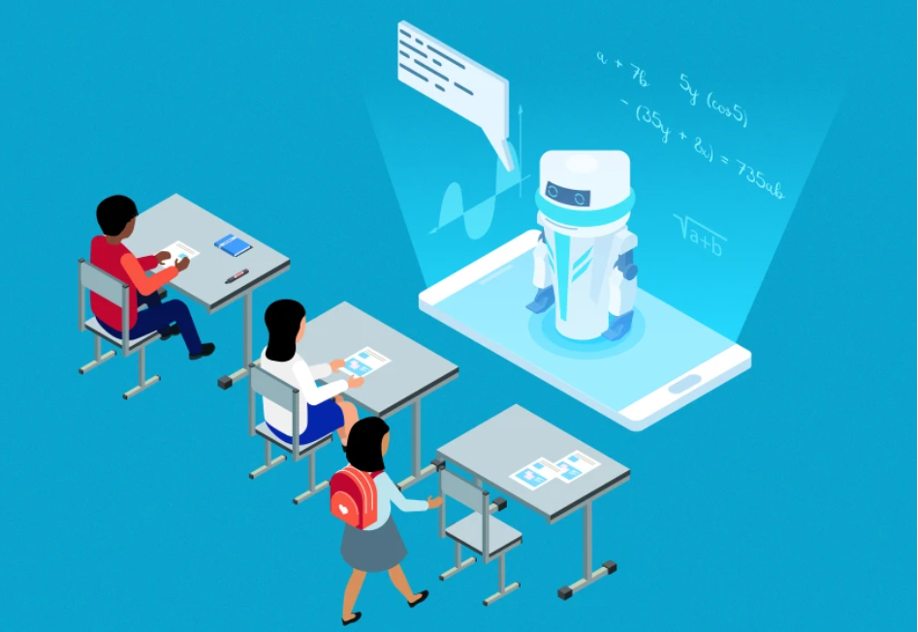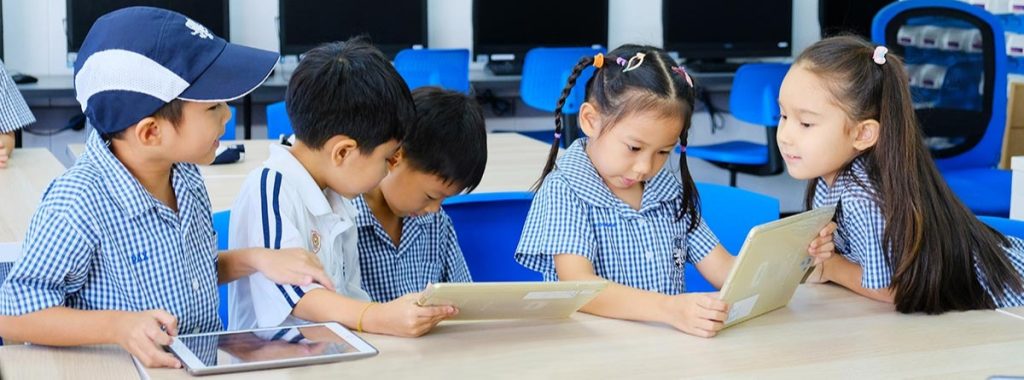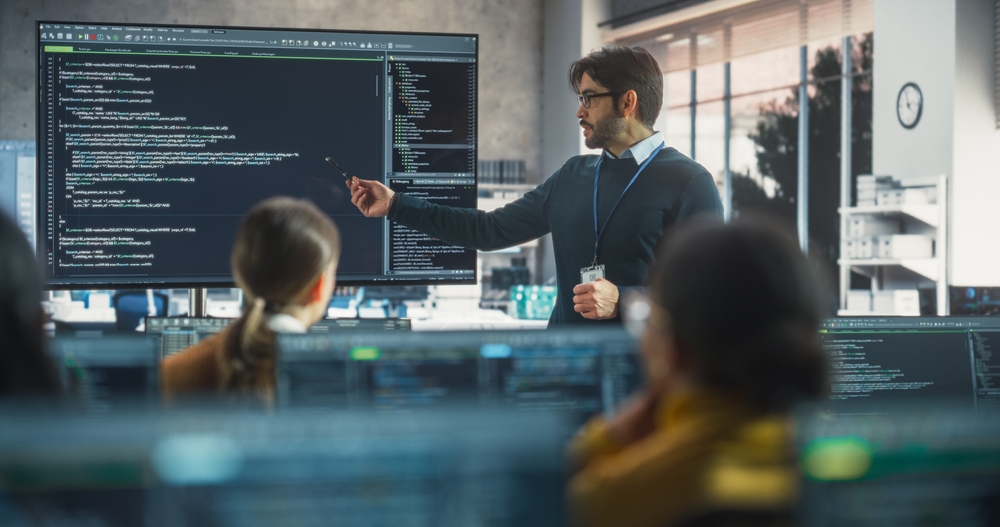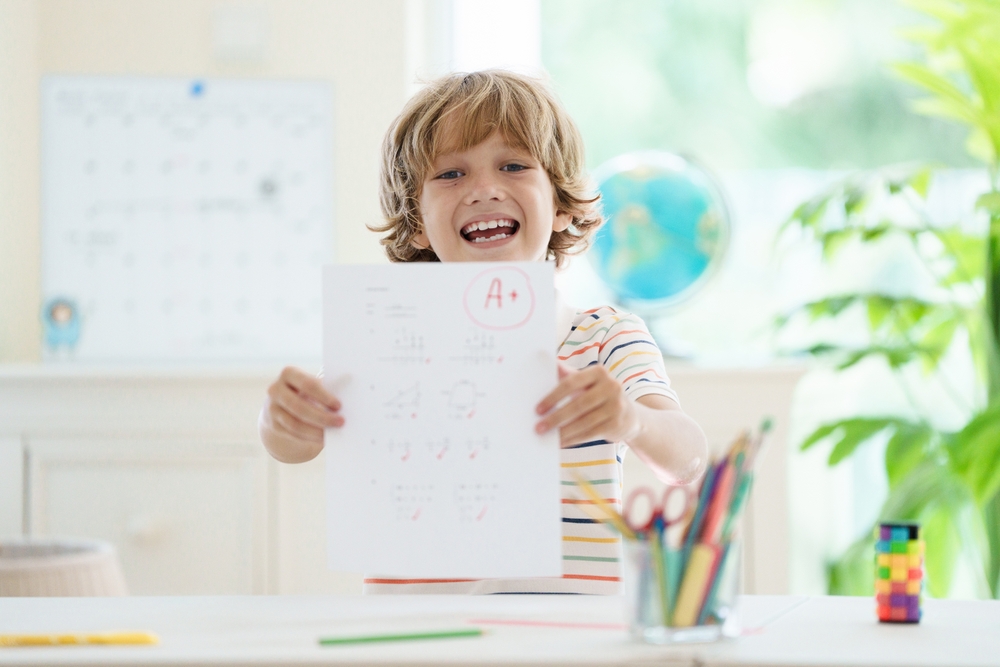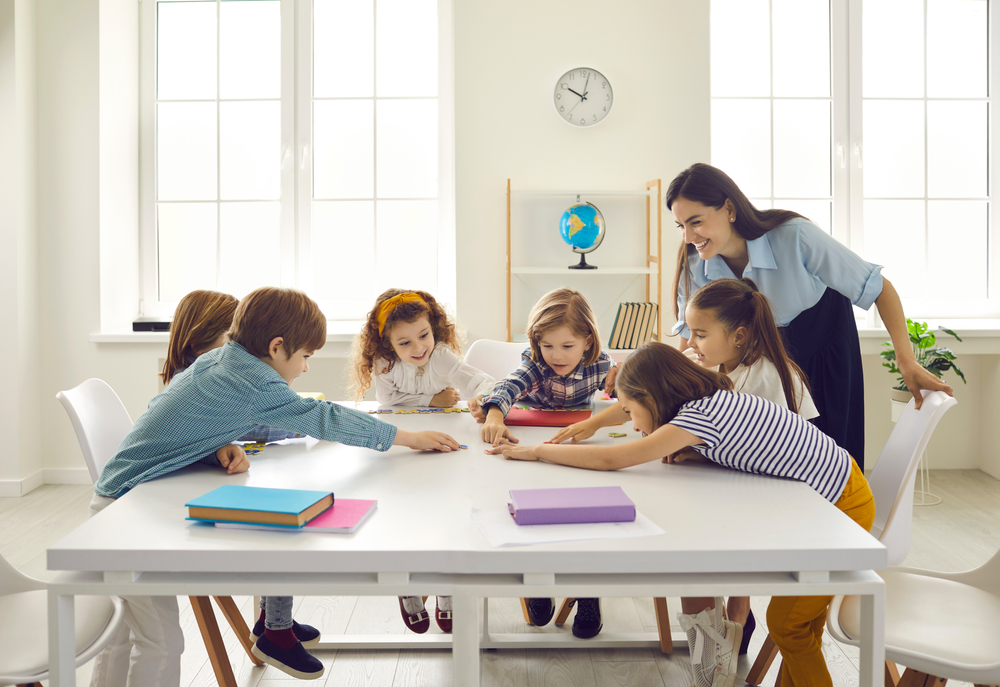According to Standford University, the day ChatGPT was launched on Feb 15, 2003, the tool attracted more than 100 million unique users, including 30% of all college students.
It is true AI may take away several of the most tedious or time-consuming tasks teachers face but while today’s headlines are dominated with visions of AI-powered classrooms, it is very clear that AI cannot, and will not, replace teachers in the classroom.
The impact of human connection
The ability to make a lasting impact lies not in information delivery but in genuine human connection. Students build more meaningful relationships with mentors rather than with machines.
Teachers are there to give information but also to help students navigate learning. Strong teacher-student relationships have been associated with higher student academic engagement, attendance and grades plus fewer disruptive behaviours and lower school dropout rates. AI lacks the emotional intelligence and empathy to fulfill this need.
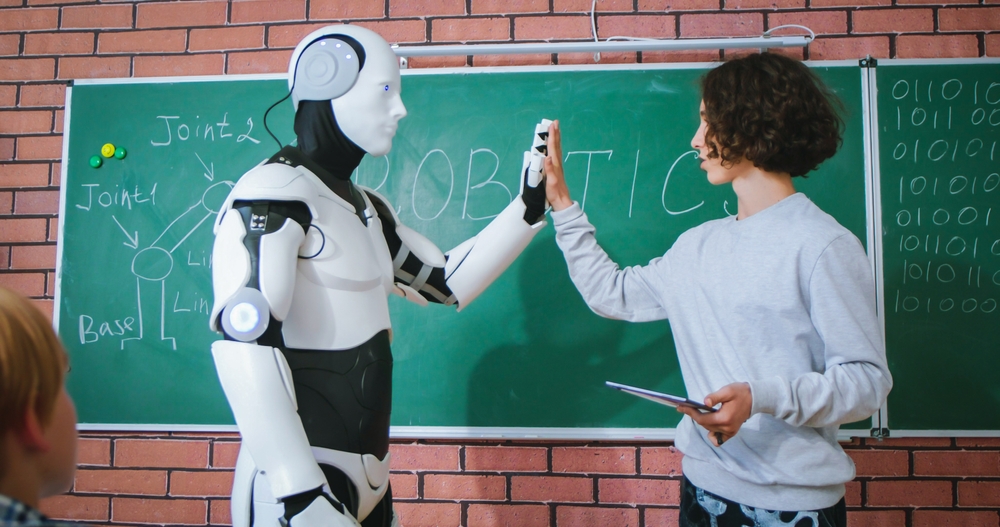
The unpredictability for learning
Learning is not a linear path. It is a journey of discovery and change, and teachers need to adapt. Can AI do the same? We know that students learn through their mistakes and missteps. They learn through unexpected insights that arise from a spontaneous classroom discussion. AI, however, struggles with the unpredictable nature of human interaction. AI cannot tailor to the nuances of a class dynamic, respond to a student’s unspoken anxieties, or adapt to the unexpected detours that often lead to the most profound learning experiences. AI cannot replace teachers without these capabilities.
The ethical dilemma
Education is about shaping future generations of critical thinkers, empathetic citizens and innovators. AI lacks the moral compass and life experience necessary to guide students on their ethical and social journeys.
It is not to say that AI doesn’t have a place in the classroom. AI’s ability to personalise learning paths, provide immediate feedback, analyse data are already providing invaluable tools for educators.
These tools will be seen as partners, not replacements. AI will not replace human connection, adaptability and guidance in the classroom. The future of education will not be a sterile robotic classroom, but rather a blend of human expertise and technological support.
Adaptability and Creativity:
Effective teaching requires adaptations to the needs of students and employing creative strategies to engage learners. Teachers are skilled at tailoring their instruction to different learning styles, abilities and interests. While AI can customise learning to some extent, it lacks the flexibility and nuanced understanding that teachers bring to the classroom. It can most definitely be a valuable tool in education by automating administrative tasks, identifying learning gaps and providing timely feedback. By leveraging this supportive tool, teachers can focus on what they do best. This is to build relationships, facilitate meaningful learning experiences and inspire students.
